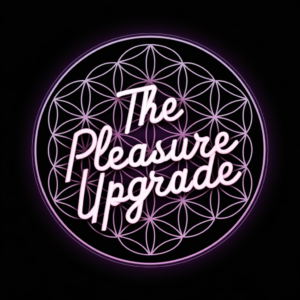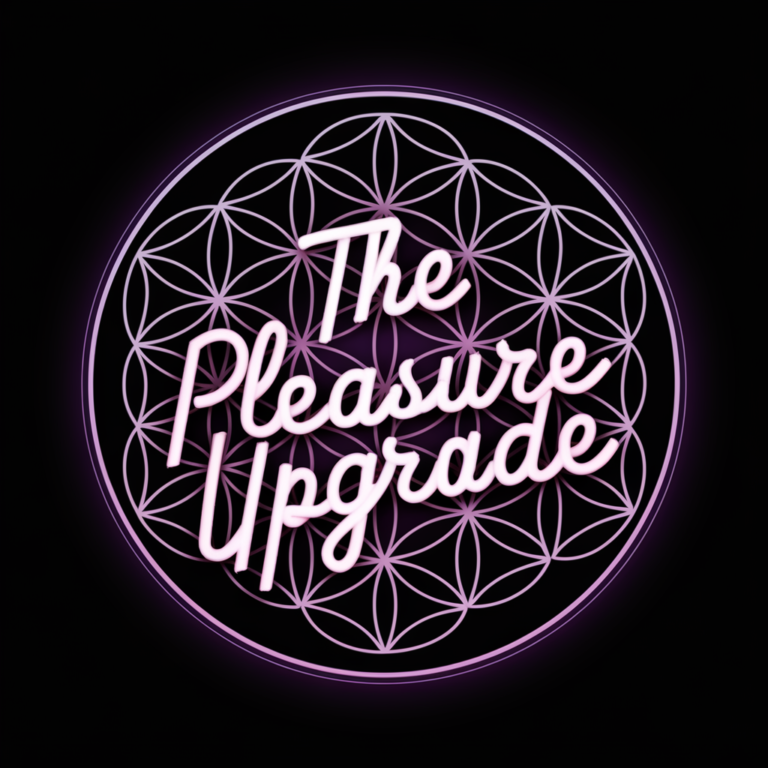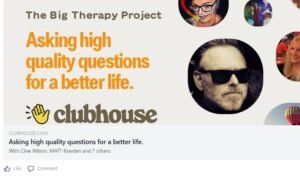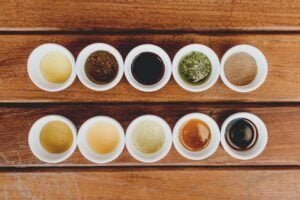The Hijacked Reward System
When a former gaming addict, first tried rock climbing, something unexpected happened. The rush of solving a challenging route triggered the same dopamine release he’d chased through marathon gaming sessions—but without the crash. This isn’t coincidence but neuroscience in action: natural rewards can activate the same pleasure pathways as addictive behaviors.
The Pleasure Paradox
Our brains evolved to reward survival-enhancing activities: social connection, physical movement, learning, and achievement. Addictive substances and behaviors exploit these ancient systems by providing shortcuts—delivering intensity without the effort. As philosopher Epicurus noted centuries ago, sustainable pleasure requires moderation and meaning, not just intensity.
Real-World Rewiring
Sarah, recovering from social media addiction, found herself initially bored by actual conversations. “Real people weren’t giving me dopamine hits like notifications,” she explains. But after three weeks of deliberate practice—putting her phone away during dinner and making eye contact—something shifted. “One night I laughed so hard with friends that I realized I wasn’t missing my phone at all.”
The Neuroplasticity Advantage
Psychologist Donald Hebb’s principle that “neurons that fire together, wire together” explains why this transformation works. Each time you choose a natural reward—creativity, connection, contribution—you strengthen neural pathways that compete with addiction circuits. The brain physically reorganizes around what you repeatedly do.
Practical Upgrade Strategies
Start with similarity: Replace addictive behaviors with activities that create similar feelings. A gaming addict might try chess or competitive sports that provide strategy and achievement.
Practice presence: Natural rewards require full attention. When eating a meal, focus completely on flavors and textures rather than consuming mindlessly.
Embrace the wait: Unlike addiction’s instant gratification, natural rewards often require patience. This delay actually enhances pleasure, as anticipation increases dopamine release.
Create celebration rituals: After accomplishing something meaningful, take time to consciously savor the achievement, reinforcing the connection between effort and reward.
The Philosophy of Sustainable Joy
The Stoics understood what modern neuroscience confirms: externally-driven pleasure often leads to suffering, while internally-generated satisfaction creates lasting fulfillment. By upgrading our pleasure sources from artificial to authentic, we don’t just escape addiction—we discover what Aristotle called eudaimonia: genuine flourishing that comes from living according to our deepest values.
Your brain isn’t broken—it’s simply responding to what you’ve trained it to value. With intentional practice, you can retrain it to find more pleasure in the real, the meaningful, and the lasting than in any substitute an addiction could offer.













